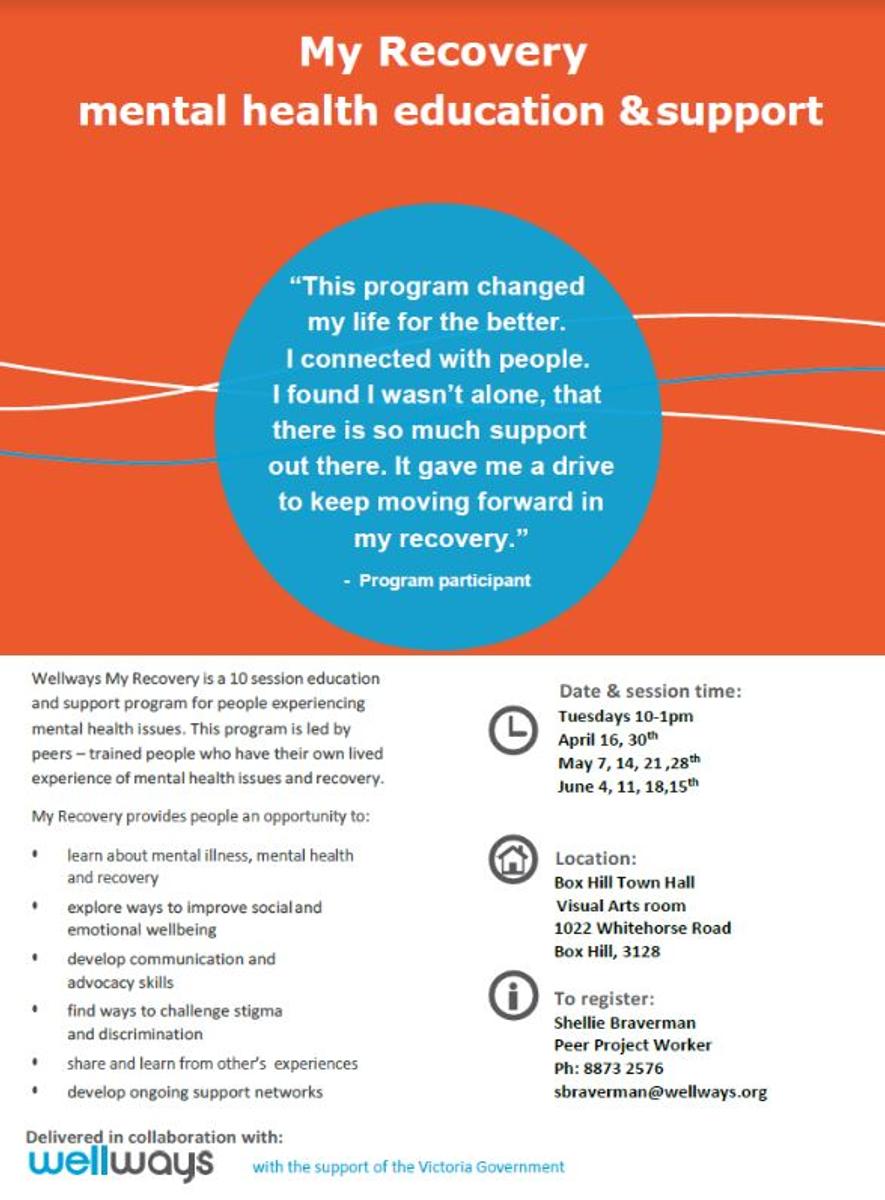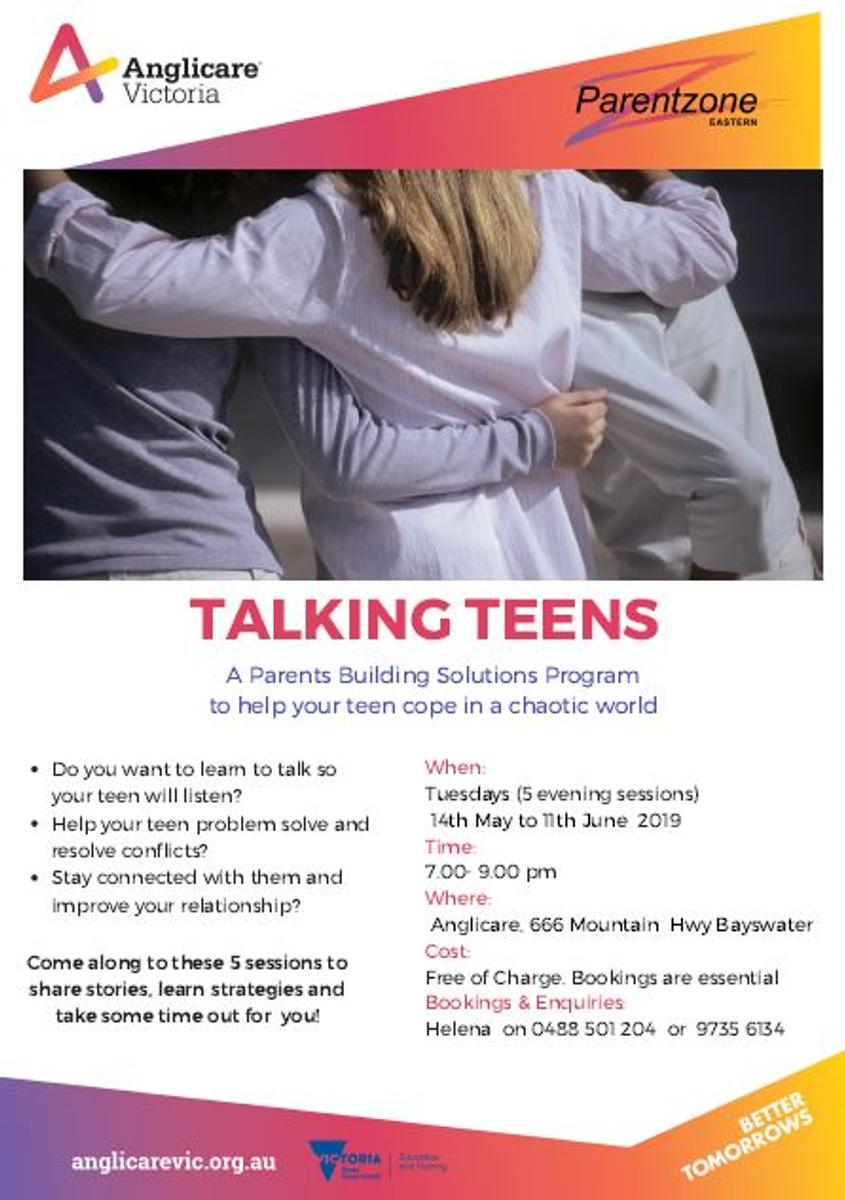Wellbeing News

Mental Health and Normal Emotions
Being mentally healthy is a goal for all of us. But what is 'mentally healthy'?
Good mental health means more than the absence of symptoms. It means the ability to manage life competently and to deal in a reasonably robust way with the challenges it inevitably throws at us from time to time. It means being able to take satisfaction and pleasure in everyday life. This includes the range of feelings and thoughts we have in life, in response to what happens to us. It’s normal to feel sad, lonely, disappointed, or confused at times, for example. We all know these feelings. They are part of being human.
When these feelings persist − but don't seem to have a cause that justifies them − and interfere with the ability to lead and enjoy everyday life, then it’s a good idea to talk to a doctor or other health professional about any possible mental health problem that might need attention. (Excerpt from SANE https://www.sane.org/mental-health-and-illness/81-mental-health-and-mental-illness)
When parents speak to me about their son/daughter, they often want to know whether the emotions that their child are experiencing are ‘normal’ or if they should be concerned. The reality is that for every young person the concept of ‘normal’ is different. However, it is important to note the following:
- When life throws difficulties our way it is normal and incredibly important to experience what may be sometimes seen as ‘negative emotions’. There are appropriate times to feel angry, sad, lonely and disappointed. In fact, not honouring what we are feeling can be detrimental in the long run. By pushing down these emotions, they can later manifest in negative and anti-social behaviours, that can affect performance at school and relationships with others.
- When there are no big issues present in a young person’s life and yet they seem to be experiencing low mood or anxious behaviours, this may not just be ‘teens being teens’. This instead may require further investigation. Parents often find it hard to understand why their son/daughter may be acting this way when they want for nothing at home. What we know is that mental health issues can occur for people with all kinds of backgrounds and situations – mental illness does not discriminate!
- If symptoms of low mood or anxiety persist, or there are major changes in sleeping, eating and/or exercise patterns, then it is important that you seek advice from your son/daughter’s paediatrician for a physical and mental health check up.
- If you would like your son/daughter to be engaged with an external psychologist you can ask your paediatrician for a mental health plan which gives you up to 12 sessions under Medicare.
If you would like to discuss appropriate resources and services for your child, please get in contact with myself or Guiseppe Relia (social worker) via phone or email.
Katrina Katz
Leader of Student Wellbeing
kat@wantirnacollege.vic.edu.au
Katrina Katz
Leader of Student Wellbeing







